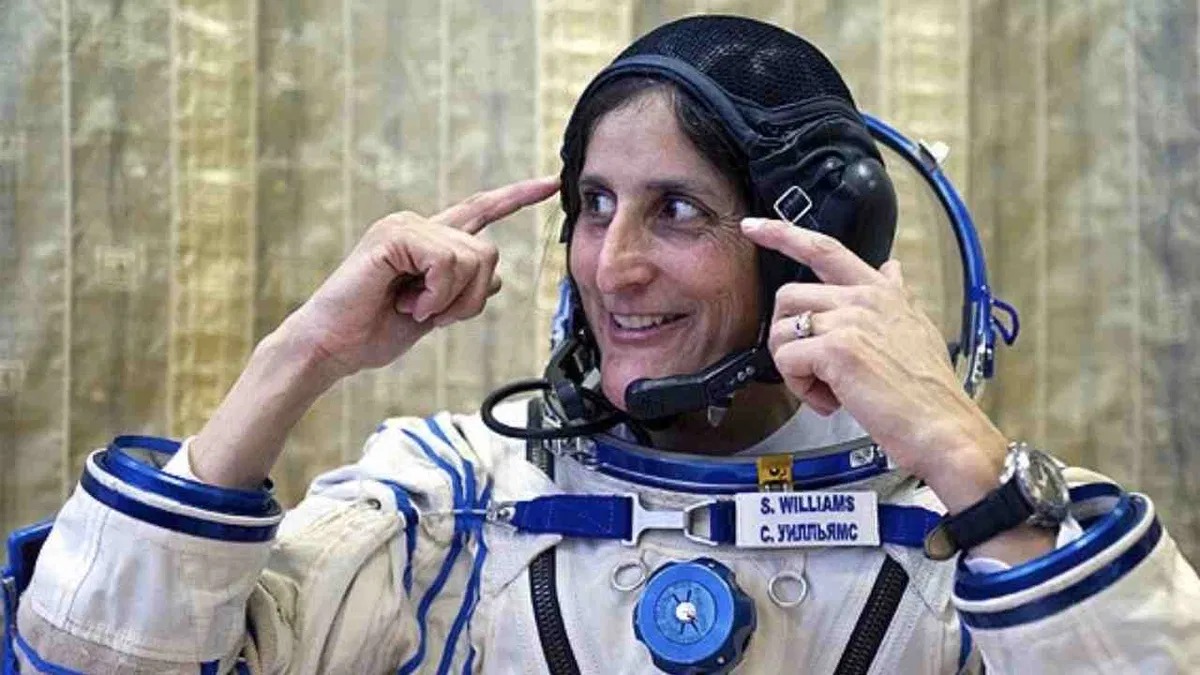As the Indian-origin astronaut Sunita Williams-led Boeing Starliner mission faces a delay in its return since its launch aboard an Atlas V rocket, several questions have arisen regarding the legal provisions governing such situations, the right to health of astronauts stuck in such scenarios, and the responsibility of the international community in this regard.
Simply stated, space is governed by international law. Due to the changing nature of outer space activities, international law relating to space is also evolving. However, the fundamental principle of space law remains the same. One of the fundamental principles is the rescue of astronauts.
International space law comprises five comprehensive treaties and several customary international laws. Additionally, it includes several non-binding international guidelines for exploring outer space for peaceful purposes. The fundamental objective of these provisions is to prepare space agencies for manned space exploration missions that go deeper into space and are of long-term duration. They also aim to safeguard the crew members of space exploration vessels, whether shuttles or stations, from experiencing adverse effects on both their physical and mental health, which increase by virtue of the duration and purpose of their assigned missions.
Under international law, the right to health stems most clearly from the International Covenant on Economic, Social and Cultural Rights, of which Article 12(1) states: “The States Parties to the present Covenant recognise the right of everyone to the enjoyment of the highest attainable standard of physical and mental health.” This right has been criticised for not having a definitive minimum core of rights and, in turn, obligations, bringing into question whether its content can be described as normative.
Historically, the decades of the 1960s and 70s saw the United Nations Committee on the Peaceful Uses of Outer Space (UN COPUOS) achieve substantial and significant success in codifying international space law.
Impact Shorts
More ShortsThe first and foremost important document was the 1963 Declaration of Legal Principles Governing the Activities of States in the Exploration and Use of Outer Space. Previously, space activities were governed by General Assembly Resolutions (GAR) passed from time to time. In fact, 14 resolutions were passed by the General Assembly to govern various activities related to space before the Outer Space Treaty of 1967 finally came into existence.
In the decade from 1960 to 1970, the US and the USSR were the only substantial players in the field of space activities. The United Nations (hereafter referred to as the UN) was thus keen to arrive at a consensus agreement wherein both powers would agree and give their assent to an international agreement for space activities that would allow all nations to tap into their own potential for the sustainable use of outer space. As a step towards this goal, in 1992, the UN established the Office for Outer Space Affairs within the UN Secretariat.
Similarly, the Rescue Treaty of 1968 advocates for the rescue of astronauts while they are returning from or going into outer space. Several attempts have been made for human flights into outer space, some successful and others not. Considering this development, the UN adopted the Rescue Agreement for the safety of astronauts. Astronauts were given the status of envoys of mankind, and all states were made responsible for rescuing astronauts in case of an accident while they are going to or returning from outer space.
Astronauts are in outer space for the common benefit of everyone on earth. Therefore, it is the responsibility of all countries to rescue and share information in case astronauts are in distress.
In this light, the need of the hour is to ensure adequate protective health measures at the international level. A new health-oriented norm must be drafted and widely distributed within the space exploration community, so that it can be included as a general and fundamental principle in future agency and partner negotiations and bilateral agreements.
Abhinav Mehrotra is Assistant Professor and Dr Biswanath Gupta is Associate Professor at OP Jindal Global University. Views expressed in the above piece are personal and solely those of the authors. They do not necessarily reflect Firstpost’s views.


)

)
)
)
)
)
)
)
)



